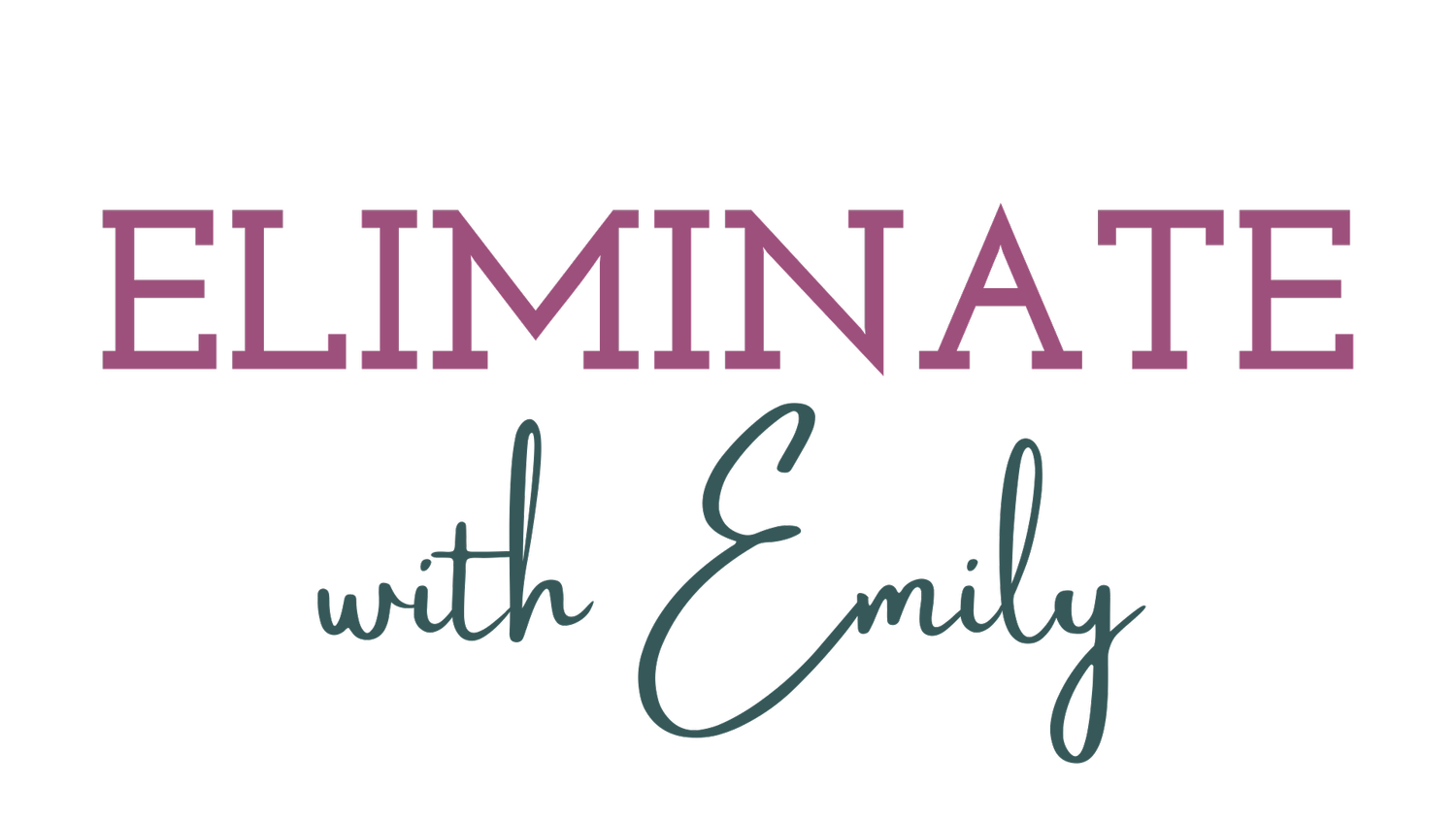USA Today Minimalism Interview with Emily & Marie Kondo
Emily was interviewed, along with the famous Marie Kondo, by USA Today, on the pros and cons of the minimalist movement. There is a war being waged on your stuff.
Most people spend their lives accumulating things. We buy homes and cars and the latest technology. Closets overflow, junk drawers swell, garages threaten to erupt. We don't dare part with old letters or old journals. Our personal spaces are defined by personal things.
But what if the "stuff" in our lives got a demotion? Americans have a reputation for mindless consumerism, but in the last several years a growing minimalist movement has claimed abundance is the ultimate burden, and that clearing clutter is how to make space for real joy.
A search for #minimalism on Instagram shows the hashtag has been used more than 9 million times. Embracing the philosophy, it seems, starts with decluttering, the process of purging excess stuff. Many point to Marie Kondo's 2014 mega-seller, The Life-Changing Magic of Tidying Up: The Japanese Art of Decluttering and Organizing, as the moment minimalism went mainstream (the book remained on USA TODAY’s best-seller list for 123 weeks). In 2015, "declutter" was added to the Oxford English Dictionary.
In the years since, much attention has been paid to the minimalist phenomenon — and its lofty goal of enlightenment.
"I think that the recent interest in tidying is showing that people began to shift their mindset, and are now feeling the need to possess only what is necessary and lead a simpler life," Kondo recently told USA TODAY. Mass production made people's lives easier, she said, but it also meant people ended up owning a lot more than was required (or even desired).
Emily Evans, owner of Eliminate: Professional Organizing in Lexington, Ky., said this is why some people who want to organize need a fresh set of eyes.
"A professional organizer is trained to help you see your belongings in a new way," she said.
Jason Cubert, a 44-year-old lawyer in Lexington, said he hired Evans last fall to help him declutter his home.
"I think anytime you free up space for one thing — spiritually, emotionally, practically — you spiritually, emotionally, and practically have room for something else, and you want that something else to be more personally beneficial than just 'stuff,'" he said.
Cubert said his parents were notorious for not throwing things away, and he didn't want his living situation to mirror theirs. He hired Evans in an effort to save himself time spent (looking for things) and money (purchasing items he already had but couldn't find). He found the clutter made it difficult to concentrate in his own home.
"Emily would get in there and really question me about, 'Do you really need this? Have you used this? Is this really that important to you? If and when the time came that you did need it, would it set you back financially?'" he said. "You can have everything organized, and still be overwhelmed by stuff, whereas if you purge I think you can get a bigger picture. You can see space for more things in your life."
The stream of weekly blog posts and stories on decluttering, and the increasing popularity of services like the one Evan's provides, (the National Association of Professional Organizers started with only a handful of members and now boasts around 4,000) show how drawn we are to the promise of a simpler, more organized life. But the social phenomenon also has its fair share of critics — those who find it difficult to discern how much of minimalism is about shaking off the yoke of consumerism, and how much of it is style dressed up as spirituality.
Even Evans admits that if minimalism is nothing more than an aesthetic, it isn't minimalism at all.
"If you’re getting rid of stuff in your home because you’re going for 'a look' or are planning to replace it with 'simpler' furniture, you’re still buying into our capitalist, consumerist society," she said. "Decluttering should be about making your life easier so you can take part in things that are important to you."
But what about those who have less — and not by choice? Some critics of the mainstream minimalism movement say it tends to ignore that for many people, an easier life may actually mean having more "stuff."

